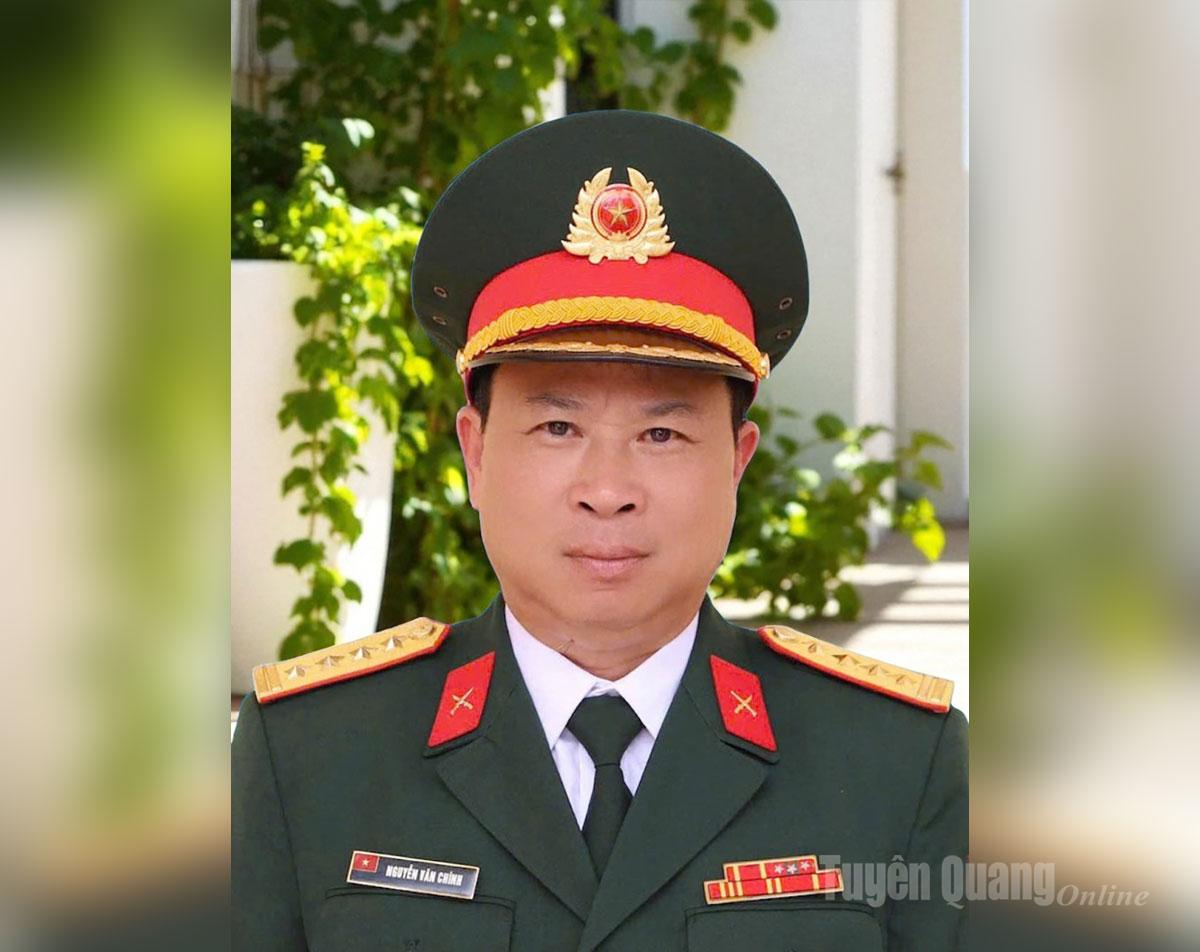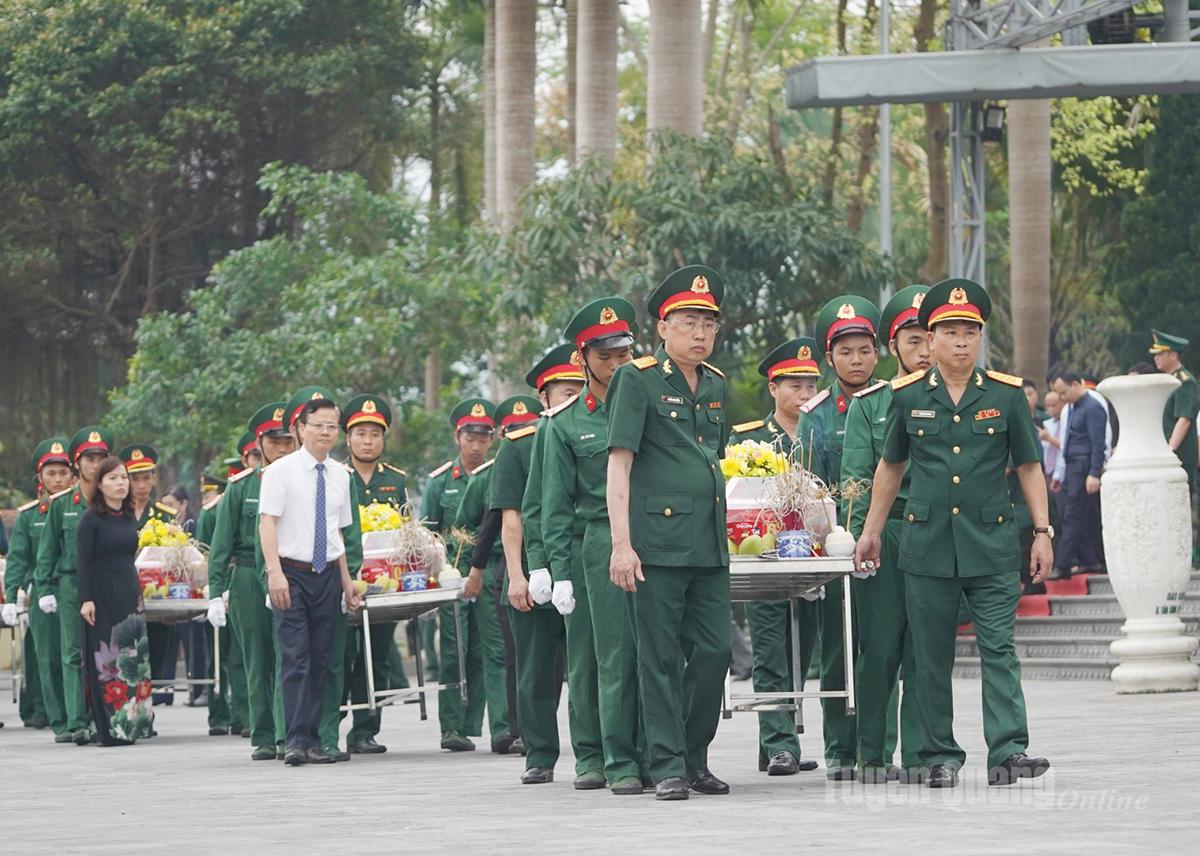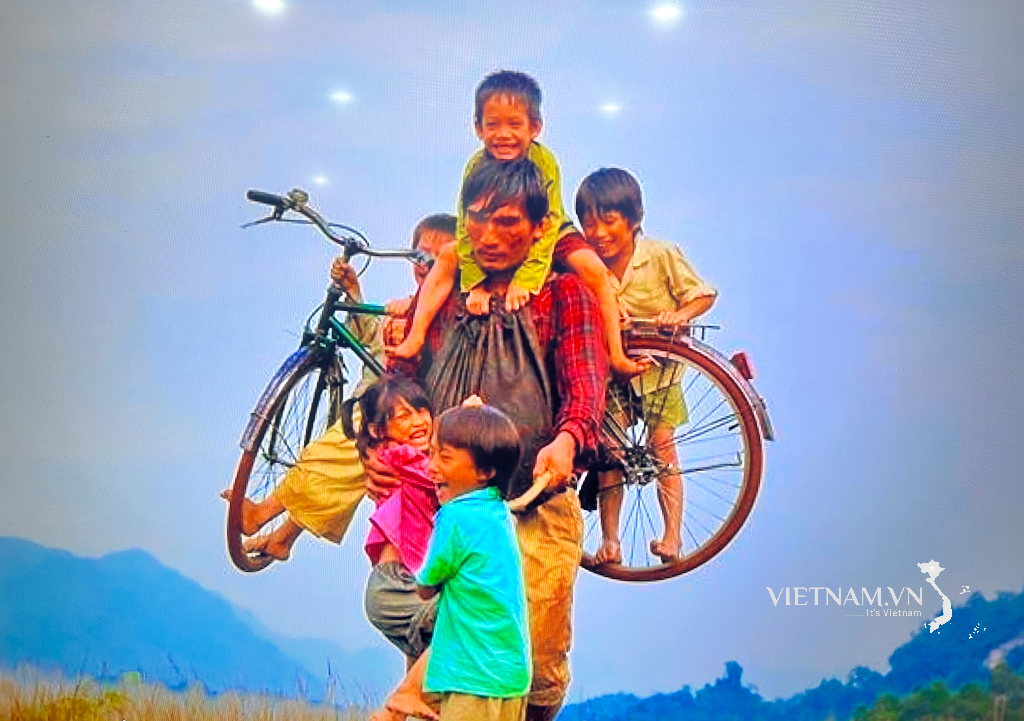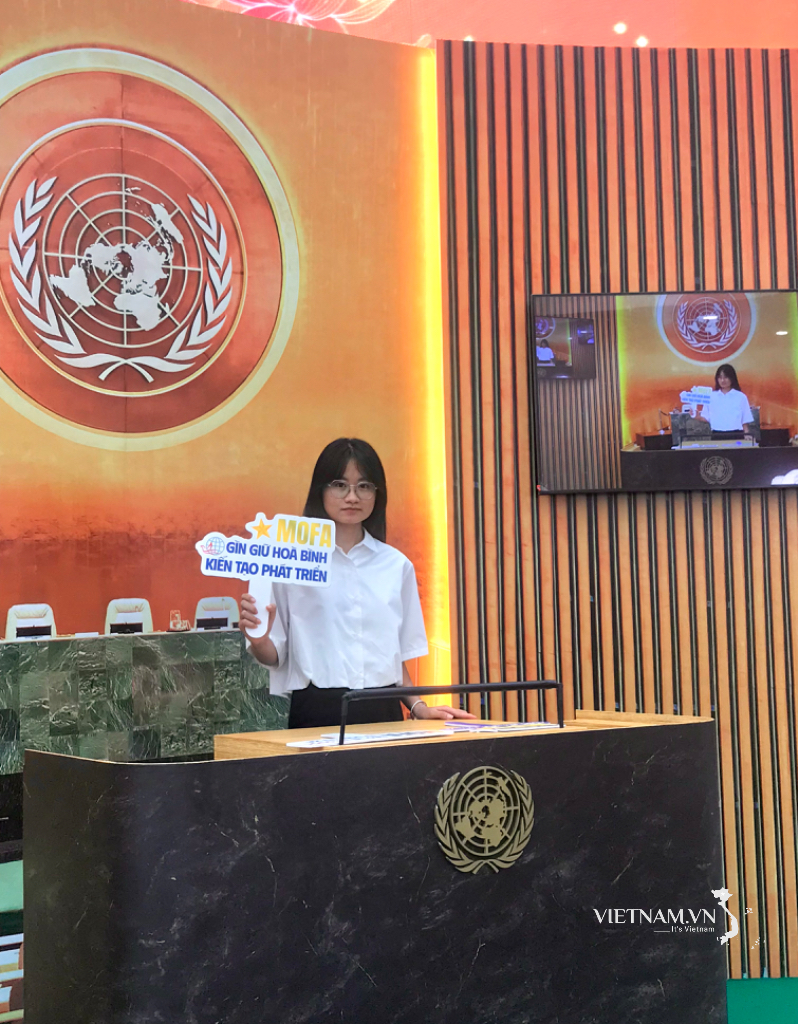 |
| Colonel Nguyen Van Chinh. |
Reporter: As someone who has always closely followed and supported localities in implementing policies and activities to honor fallen soldiers, how do you assess the results and methods of Tuyen Quang province in the work of searching for and collecting the remains of fallen soldiers in recent times?
Colonel Nguyen Van Chinh: From 2018 to the present, the Tuyen Quang Provincial Military Command has collected 177 remains of fallen soldiers, including 12 cases with confirmed identities and one mass grave. In the first six months of 2025 alone, we received 23 pieces of information and collected an additional 20 remains, mainly in border communes such as Lao Chai, Thanh Thuy, Tung Vai, and Nghia Thuan – areas that were key battlegrounds during the 1979-1989 period.
The search and collection of the remains of fallen soldiers in Tuyen Quang province is being carried out systematically, proactively, and flexibly, adapting to different times and locations. It has a clear plan and close coordination with relevant units, local authorities, the people, and veterans. Two key projects currently underway are the 1,720-hectare project in Lao Chai, Thanh Thuy, which has surveyed 1,520 hectares and is expected to be completed in the third quarter of 2025, and the 1,500-hectare project in Tung Vai, Nghia Thuan, which has surveyed 235 hectares and aims for completion in 2026. The identification of fallen soldiers is being conducted using two methods: through artifacts, tombstones, diagrams, local information, comrades, and the people, and through DNA testing, ensuring a scientific and cautious approach.
Reporter: Based on your experience at the grassroots level, what difficulties and challenges are currently most affecting the effectiveness of the search and collection of the remains of fallen soldiers?
Colonel Nguyen Van Chinh: Firstly, the fighting to defend the northern border ended nearly 40 years ago, and information about the graves of fallen soldiers is often fragmented and not highly accurate. Most units have to rely on the memories of veterans, archival documents, and old battle maps. However, many veterans are elderly and their memories are declining, and some old units no longer exist, making it even more difficult to identify sources of information.
Secondly, the rugged mountainous terrain, harsh climate, complex geology, and frequent landslides mean that the original locations of the martyrs' remains may shift, and many areas still harbor unexploded ordnance, especially in Thanh Thuy and Lao Chai, posing a danger to the search forces, while the number of martyrs' remains to be found remains high.
Thirdly, the forces tasked with searching for and collecting the remains of fallen soldiers, while highly skilled, are still small in number and must carry out their work over a wide area, primarily using manual methods. The application of modern technology is limited due to the difficult terrain.
Fourth, DNA testing is one of the key solutions for identifying fallen soldiers. However, this process requires significant time and expense, and necessitates close coordination between specialized agencies, family members, and local authorities.
Despite the difficulties, with their courage and high sense of responsibility, the forces persevered in staying on the land and in the forests, coordinating well with bomb disposal forces, witnesses, and local people to gradually demarcate, survey, and collect remains in a systematic, scientific, and safe manner.
 |
| The burial ceremony for the remains of martyrs at Vi Xuyen National Martyrs Cemetery (October 2024). |
Reporter: To improve the effectiveness of the search and collection of the remains of fallen soldiers, what solutions, in your opinion, should be prioritized in the coming period?
Colonel Nguyen Van Chinh: Based on the directives from higher levels, the Party committees and local authorities continue to take decisive action, providing close guidance and proactively developing plans appropriate to the practical situation. The forces on duty uphold high morale and responsibility, utilize their capabilities and experience, and overcome difficulties to successfully complete their tasks.
In addition, it is necessary to continue investing in synchronized DNA testing equipment, digital maps, and digital databases of fallen soldiers to facilitate more convenient information retrieval. Increase budget for surveys and repatriation; ensure appropriate policies and benefits for the forces carrying out these tasks.
Furthermore, it is necessary to intensify propaganda efforts, mobilize information from the public and veterans, support information security, and promptly encourage and reward those who provide accurate information. These are crucial sources of information that can create breakthroughs in the journey to recover the identities and bring the fallen soldiers home.
Reporter: To race against time, overcome difficulties, and improve efficiency, what suggestions or proposals do you have regarding policies to support the search for and collection of the remains of fallen soldiers and informants?
Colonel Nguyen Van Chinh: Currently, many policies have been and are being effectively implemented, such as: Government Decree 131/2021/ND-CP detailing the implementation of the Ordinance on Preferential Treatment for Meritorious Persons; Government Decree 75/2021/ND-CP on the level of allowances, subsidies and preferential regimes; Circular 298/2017/TT-BQP of the Ministry of National Defense guiding the regime, policies and ensuring work for organizations and individuals performing the task of searching for and collecting the remains of martyrs; Circular 80/2022/TT-BQP of the Ministry of National Defense guiding the organization of searching for, collecting and handing over the remains of martyrs.
Following a preliminary review and practical assessment of the implementation of the aforementioned Decrees and Circulars, the Ministry of National Defense is currently seeking feedback to finalize and submit a new decree to the Government for promulgation that is more in line with current practices.
On the part of Military Region II, we will continue to provide close guidance, ensuring that the forces participating in the search and collection of the remains of fallen soldiers are thoroughly trained, fully equipped, and highly determined to fulfill this sacred mission.
In the silence of the mountains and forests, each expedition to find traces of the deceased is an epic of gratitude. Bringing them back to their motherland is a responsibility, a duty, a sacred obligation.
Reporter: Thank you very much, sir.
Performed by: Bien Luan
Source: https://baotuyenquang.com.vn/xa-hoi/202507/kien-tri-hanh-trinh-tri-an-5f53a00/







![[Image] Lunar New Year 2026 is celebrated with great fanfare around the world.](https://vphoto.vietnam.vn/thumb/1200x675/vietnam/resource/IMAGE/2026/02/17/1771339826059_155b0e14cbf624b0045-2993-jpg.webp)

























































































![[E-Magazine] Springtime Conversation: Thanh Hoa - New Vision, New Aspirations](https://vphoto.vietnam.vn/thumb/402x226/vietnam/resource/IMAGE/2026/02/17/1771344033131_e-magazine-tro-w1200t0-di2607d272d1101804t11600l1-cover1.webp)

















Comment (0)